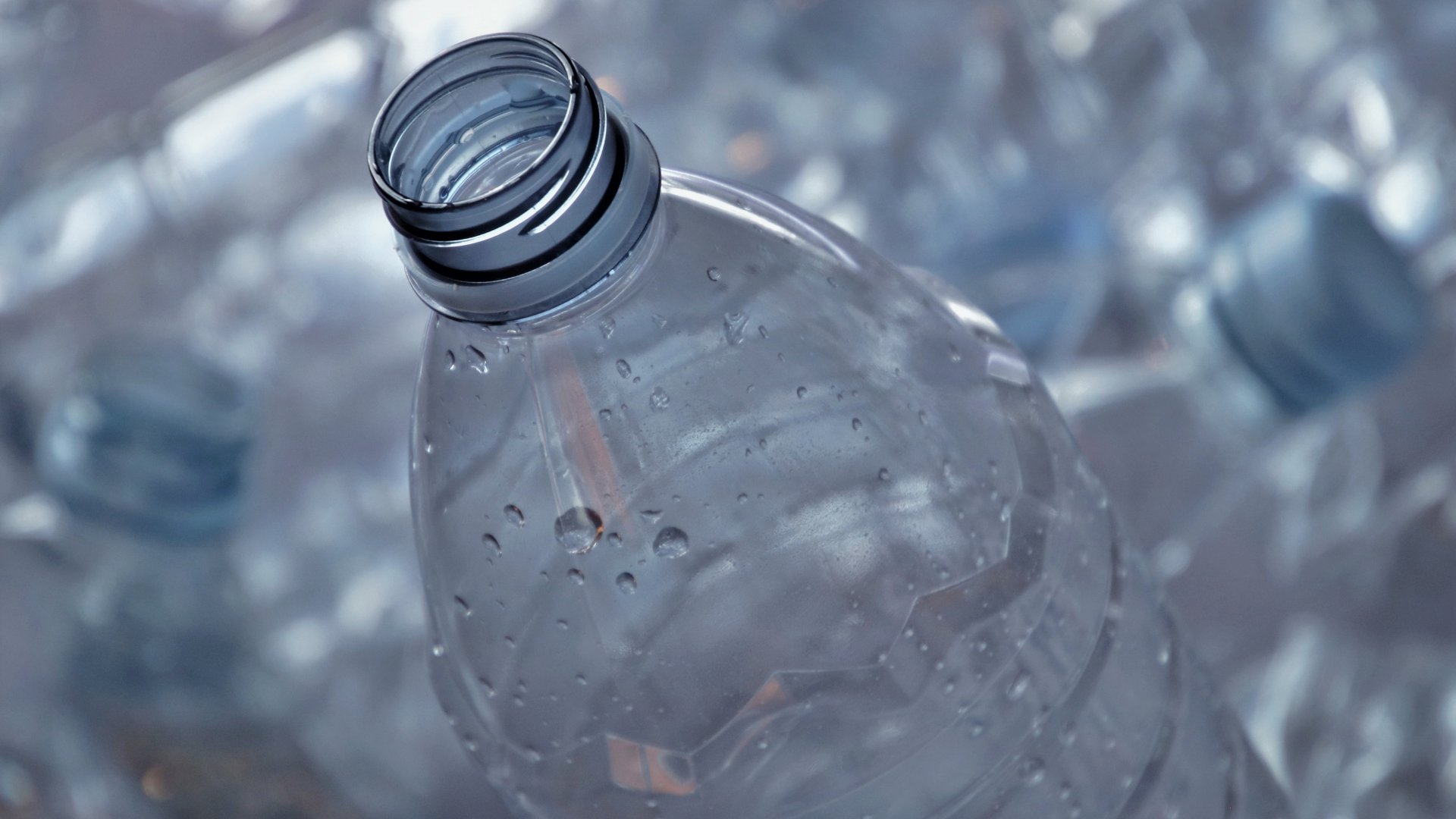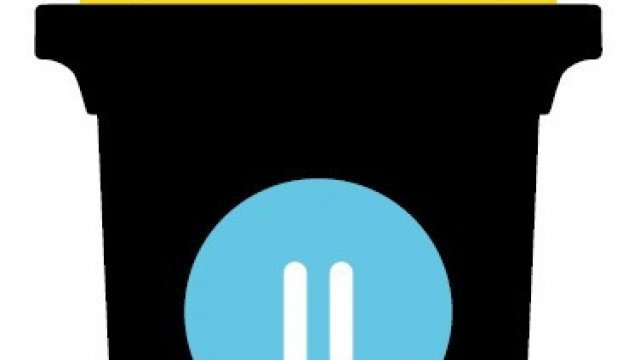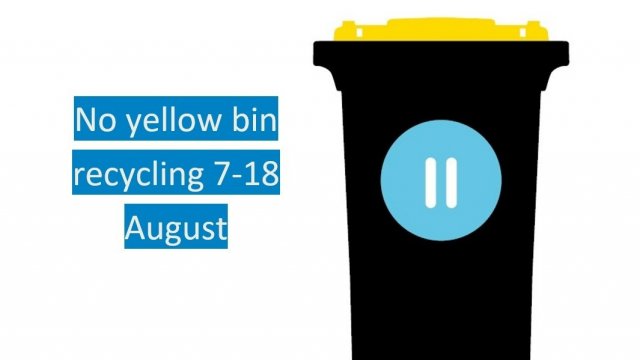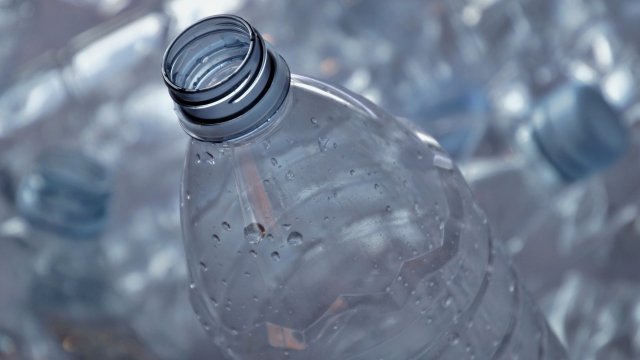Plastic recycling update
21/09/2021 10:05am
It’s been more than a year since Nelson City Council and Tasman District Council switched to accepting only plastics 1, 2 and 5 through our kerbside recycling collection. We wanted to update our community on how those changes are going.
We’re pleased to report that plastics 1, 2, and 5 collected in our region are processed and repurposed right here in New Zealand. Nelson and Tasman collect around three kilograms of plastic waste per person every year. This is sorted at the materials recovery facility in Richmond – one of the busiest of its kind in the country.
Nelson and Tasman contamination rates (e.g. food being left in containers, or the wrong items being put in the recycling bins) are about half the amount of some other regions. While there is still room for improvement, we want to extend a big thank you to the residents who are conscientious with their recycling efforts!
In July 2020 we changed to accepting only plastics numbered 1, 2 and 5 because these are being re-processed into products within New Zealand. The change from harder to recycle plastics to recyclable plastics has meant that we have improved the quality of the sorted materials. High-quality materials make high-value products, so the materials will also be wanted by overseas manufacturers, should the domestic market reach saturation at some point.
“Nelson residents have done a great job adapting to the new rules over the past year, often in challenging circumstances due to COVID-19,” says Infrastructure Committee Chair Councillor Brian McGurk. “It’s particularly reassuring to see the quality of the sorted materials has improved – it means that if New Zealand manufacturers who process recycled plastics run out of capacity, and in the future plastics have to be exported to overseas manufacturers, we know that the high quality of the commodity means it will be properly recycled into a new product.”
So what’s next? We all know that the best way to reduce plastic waste is to avoid using it, and it’s great to see that the Government is planning to phase out hard-to-recycle plastics numbered 3, 4, 6 and 7, in addition to phasing out more single-use plastic items.
Meanwhile, making sure that we continue to put the correct items into our kerbside recycling collection bins will ensure that more resources are recovered and reused. “People sometimes think recycling is complicated, but if you get the basics right, you’re doing just fine,” says Councillor McGurk. “Check your container is marked 1, 2 or 5, remove the lid, give it a quick rinse and it’s ready to go in your yellow bin. Think of it like a mantra; check, remove, rinse, and you’re done.”
We will be sharing tips and videos on how easy it is to recycle over the coming months.




